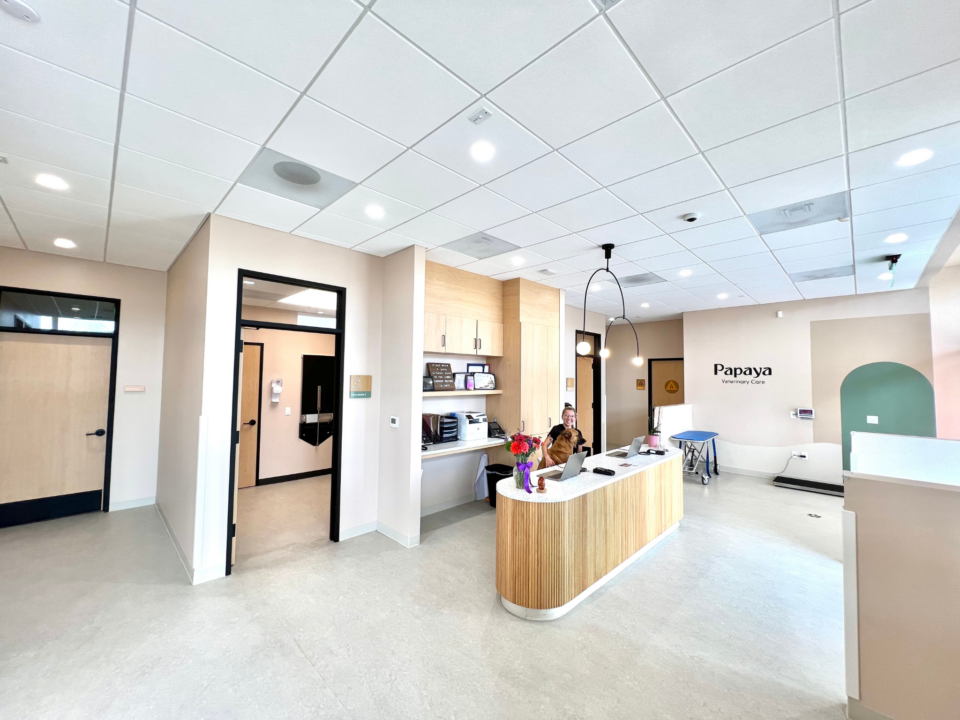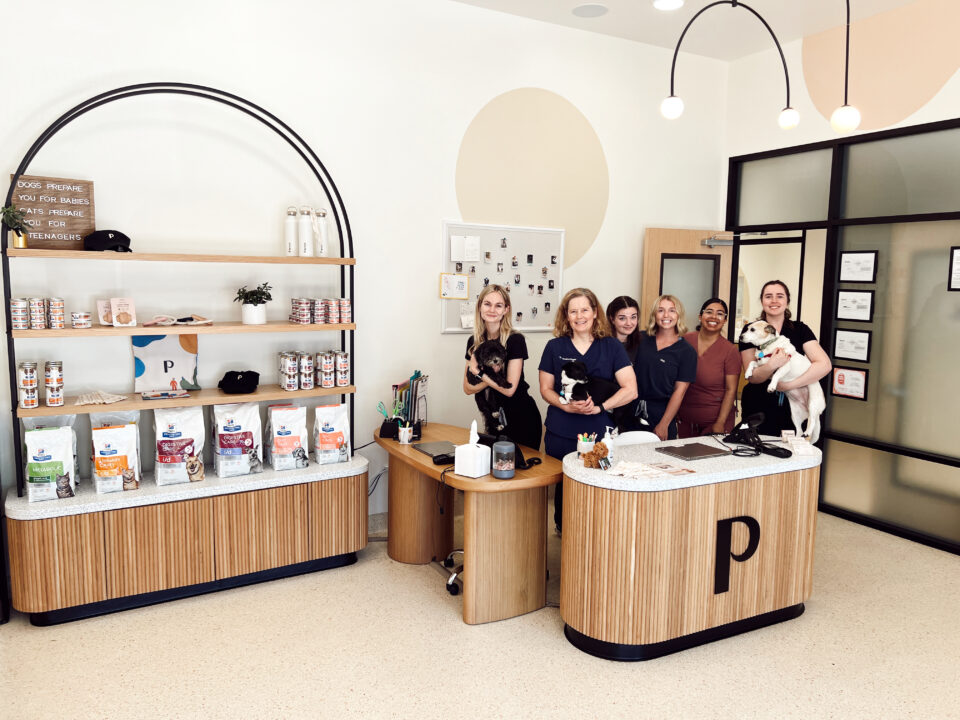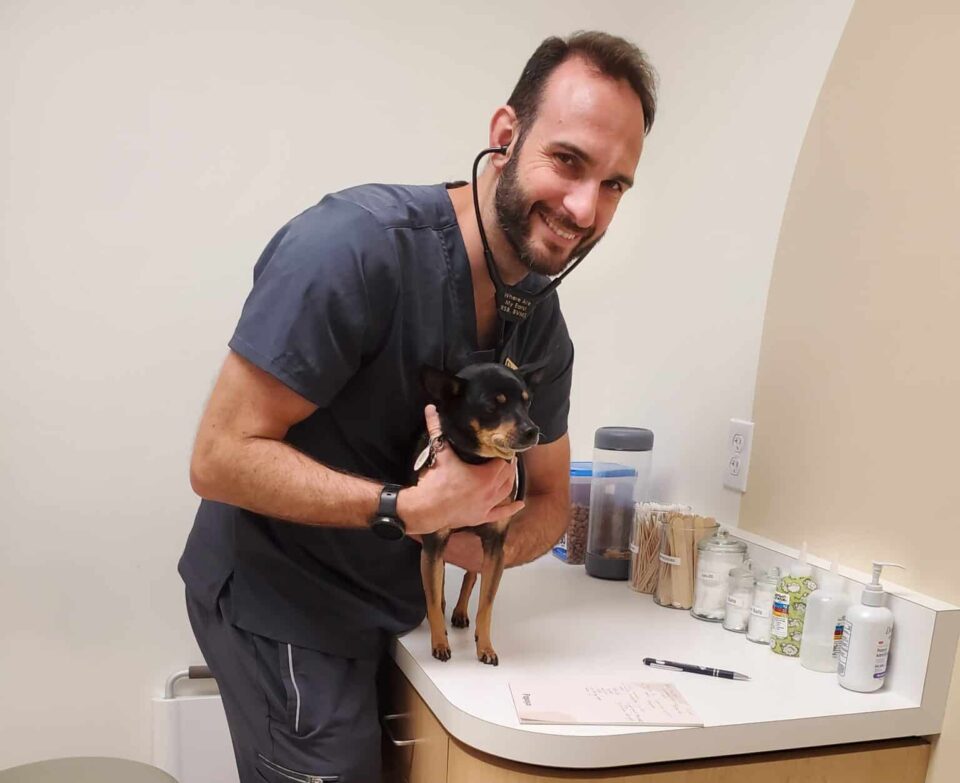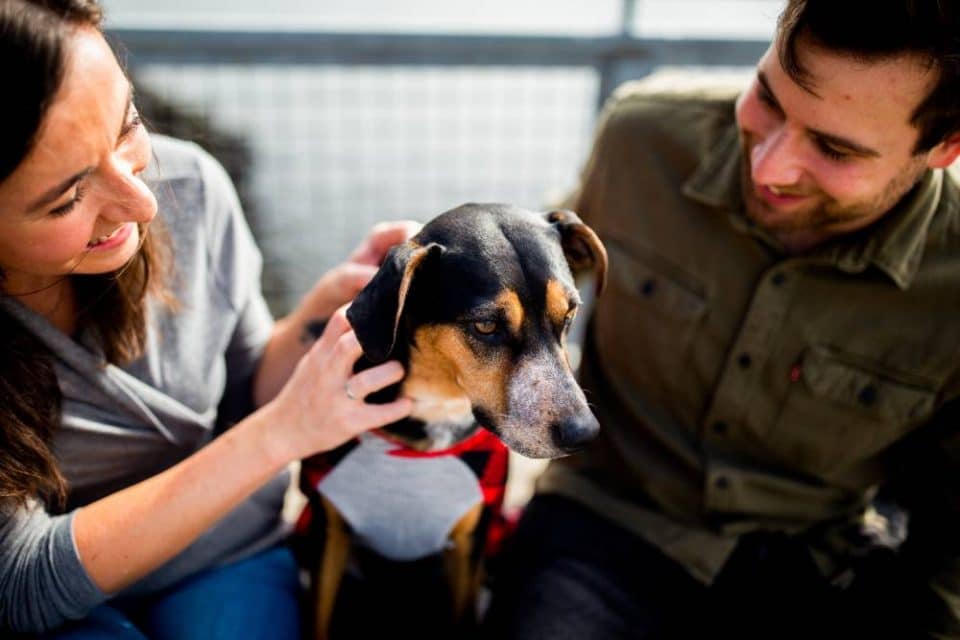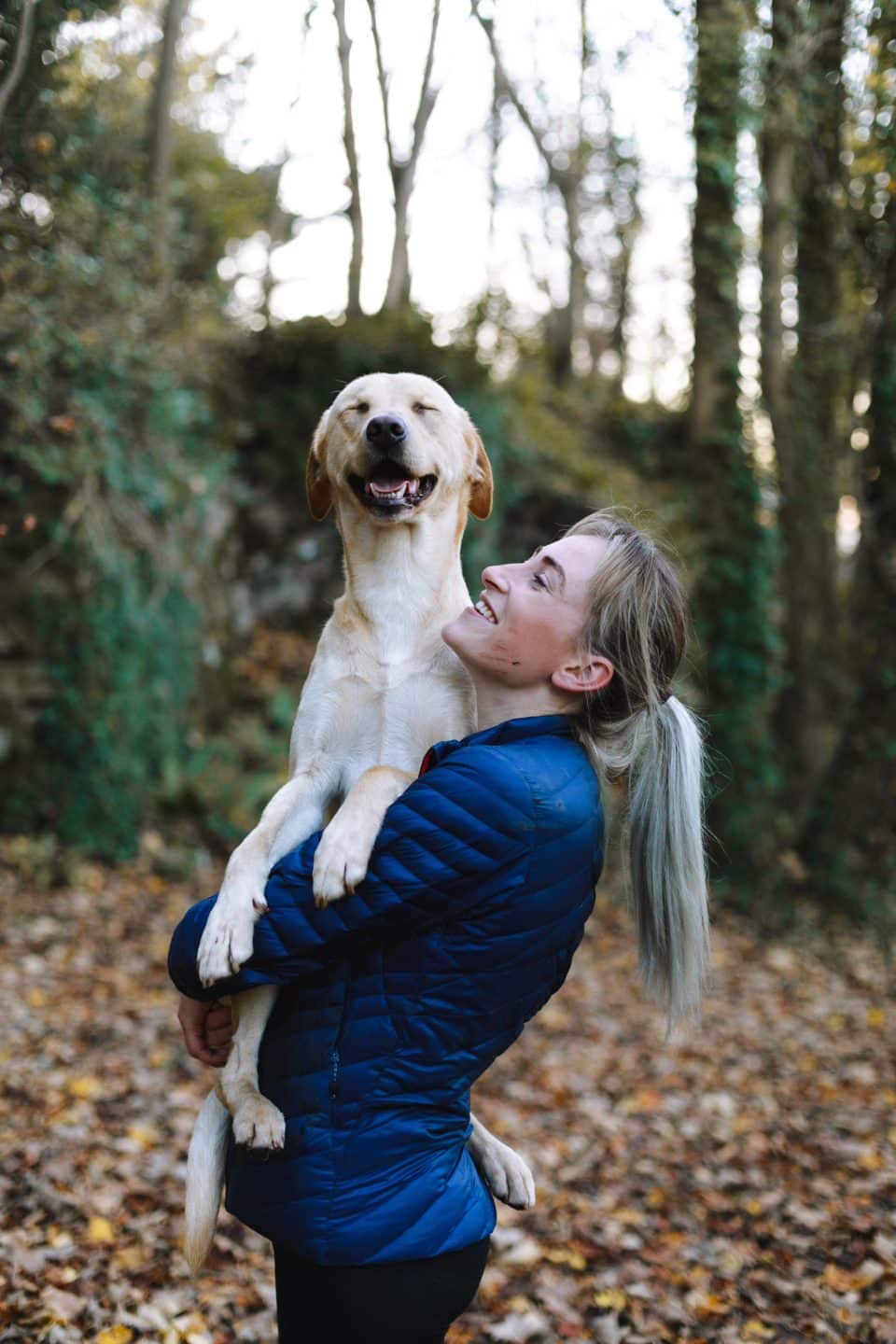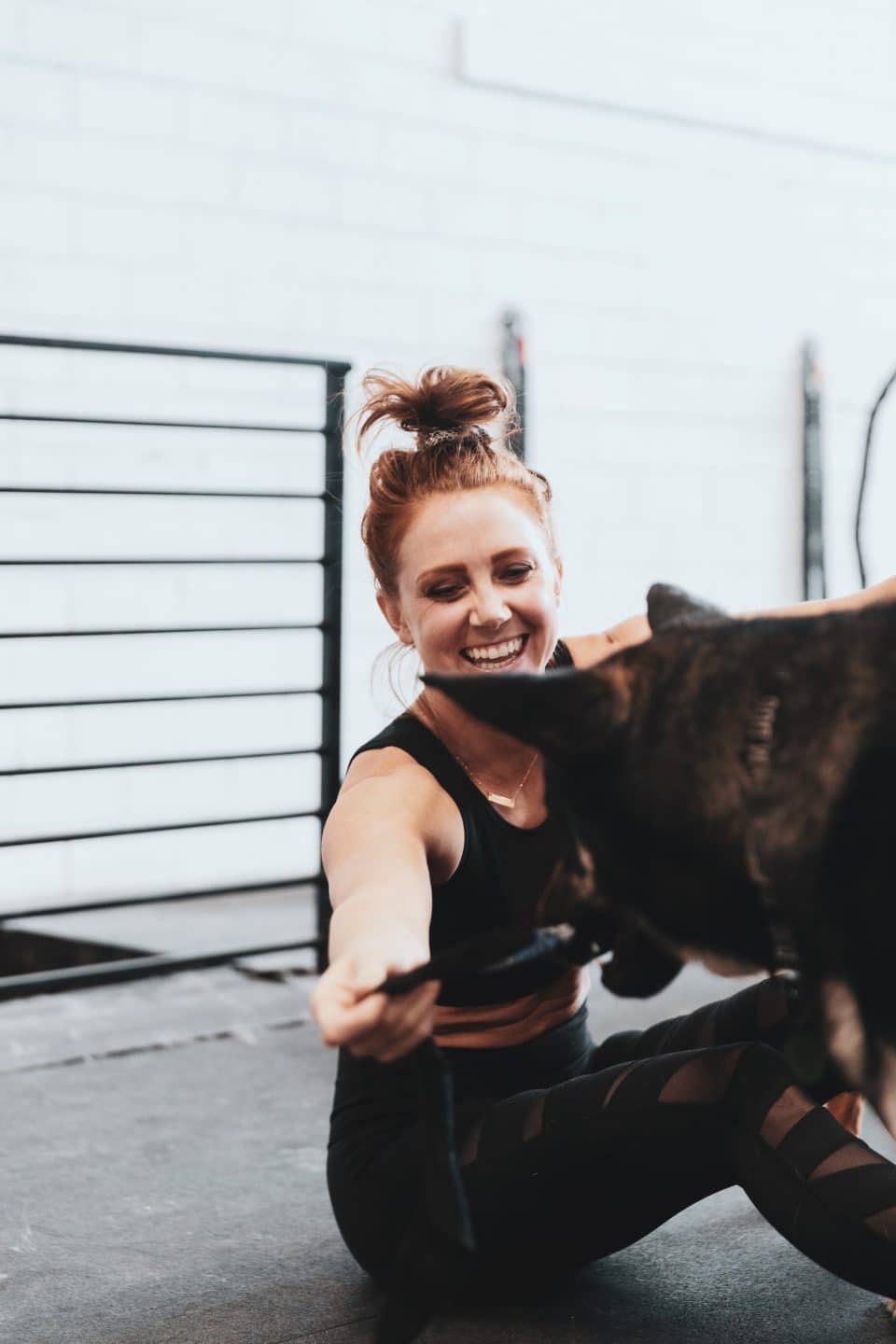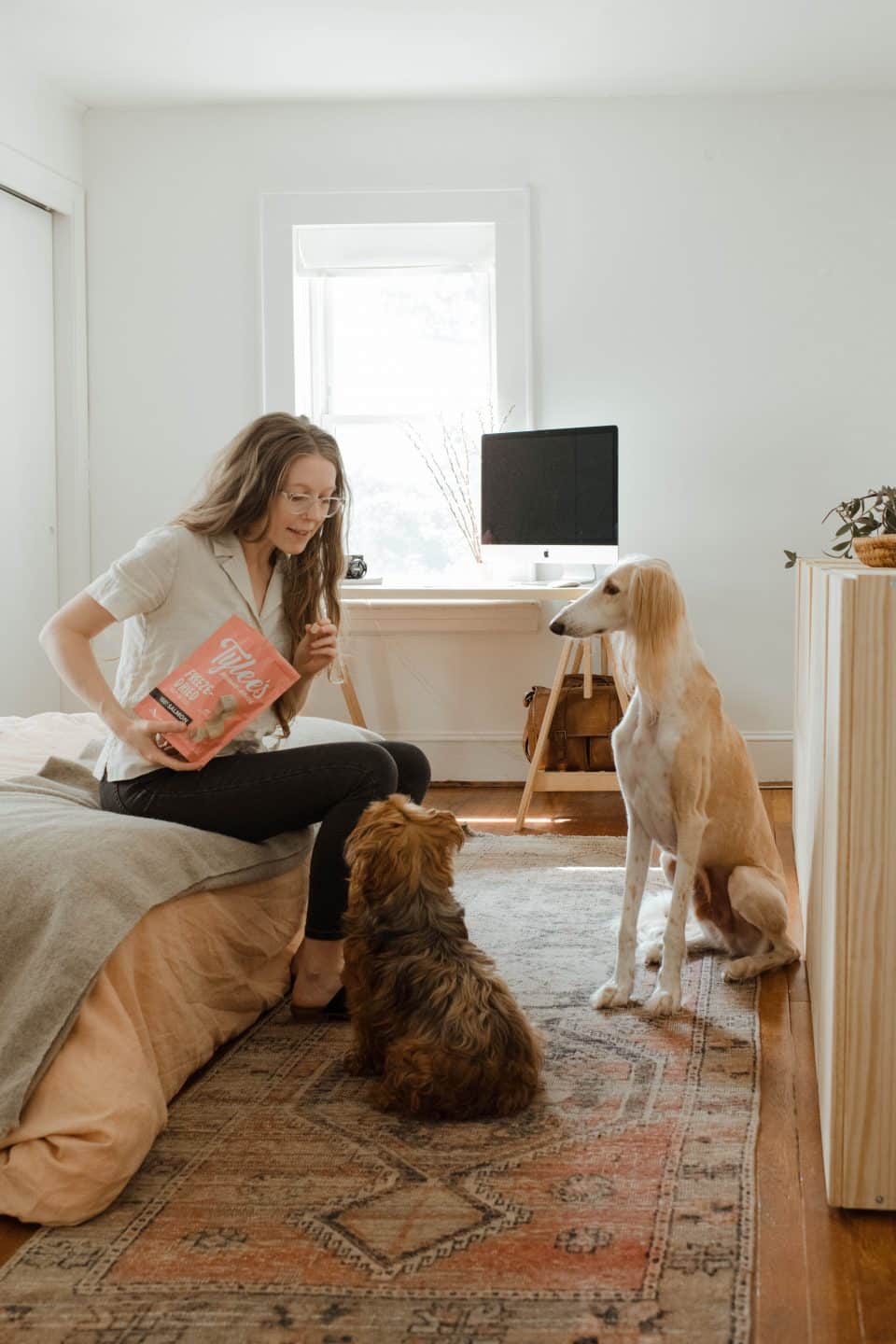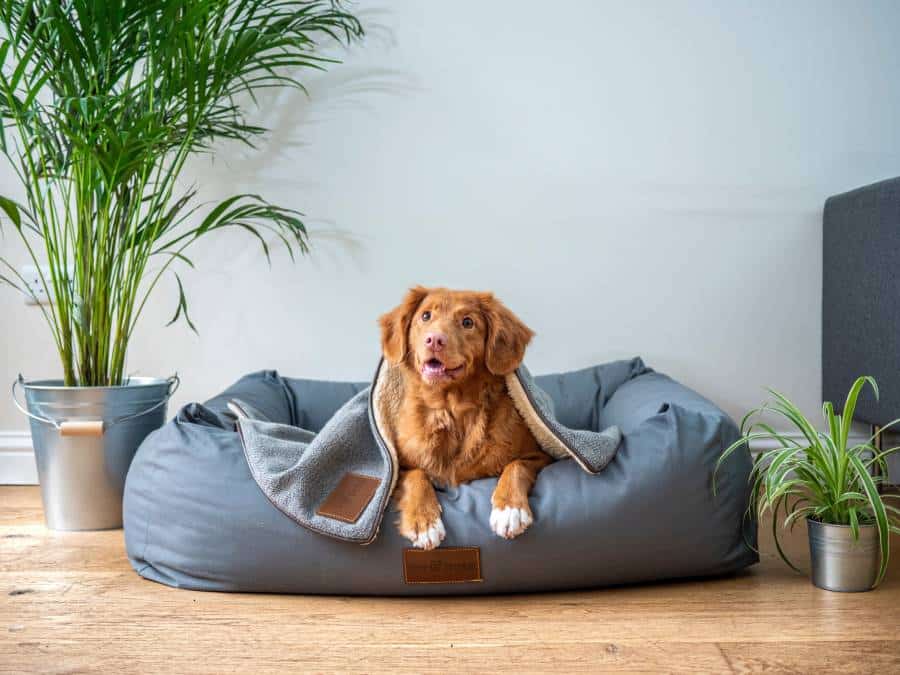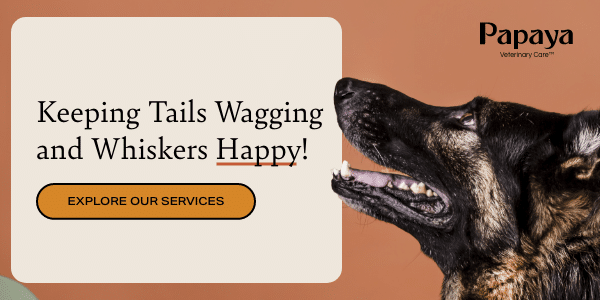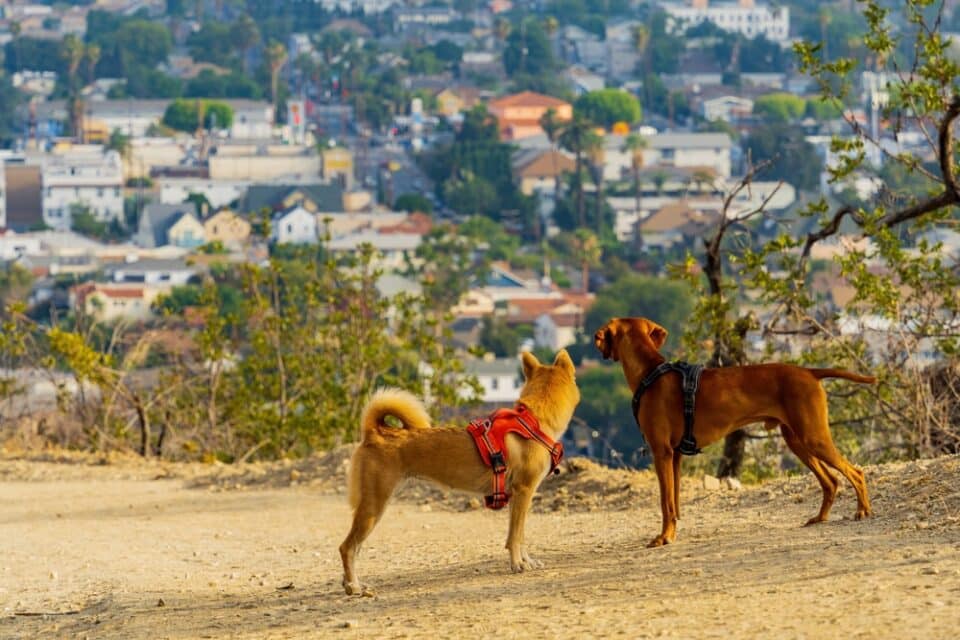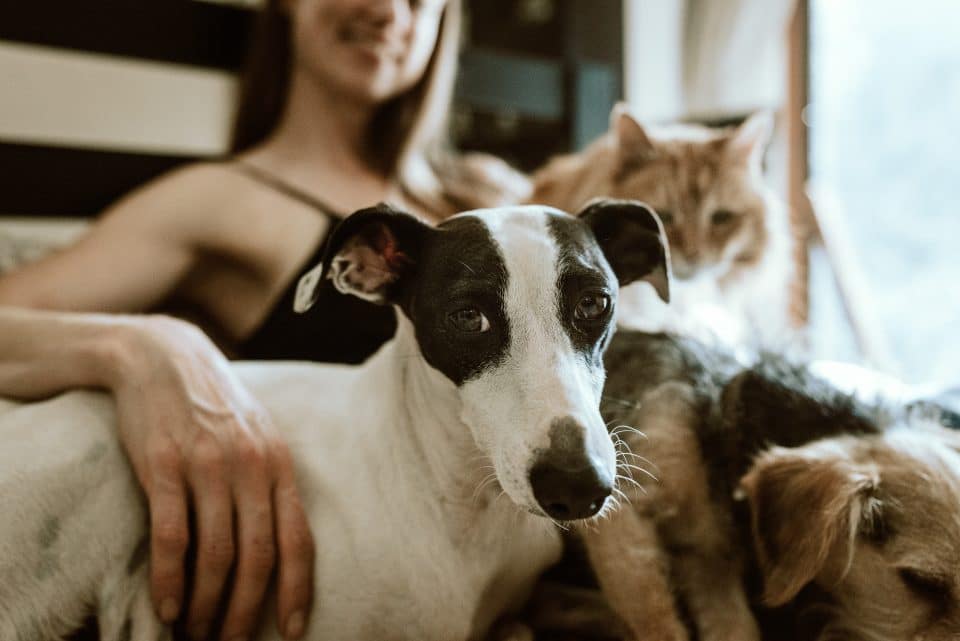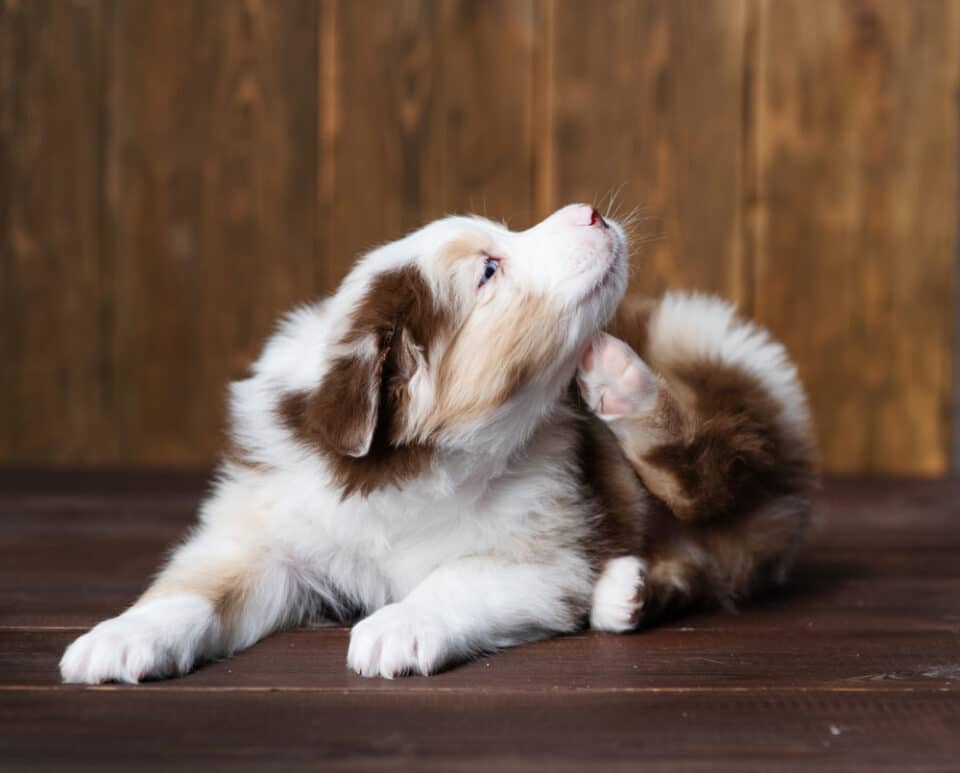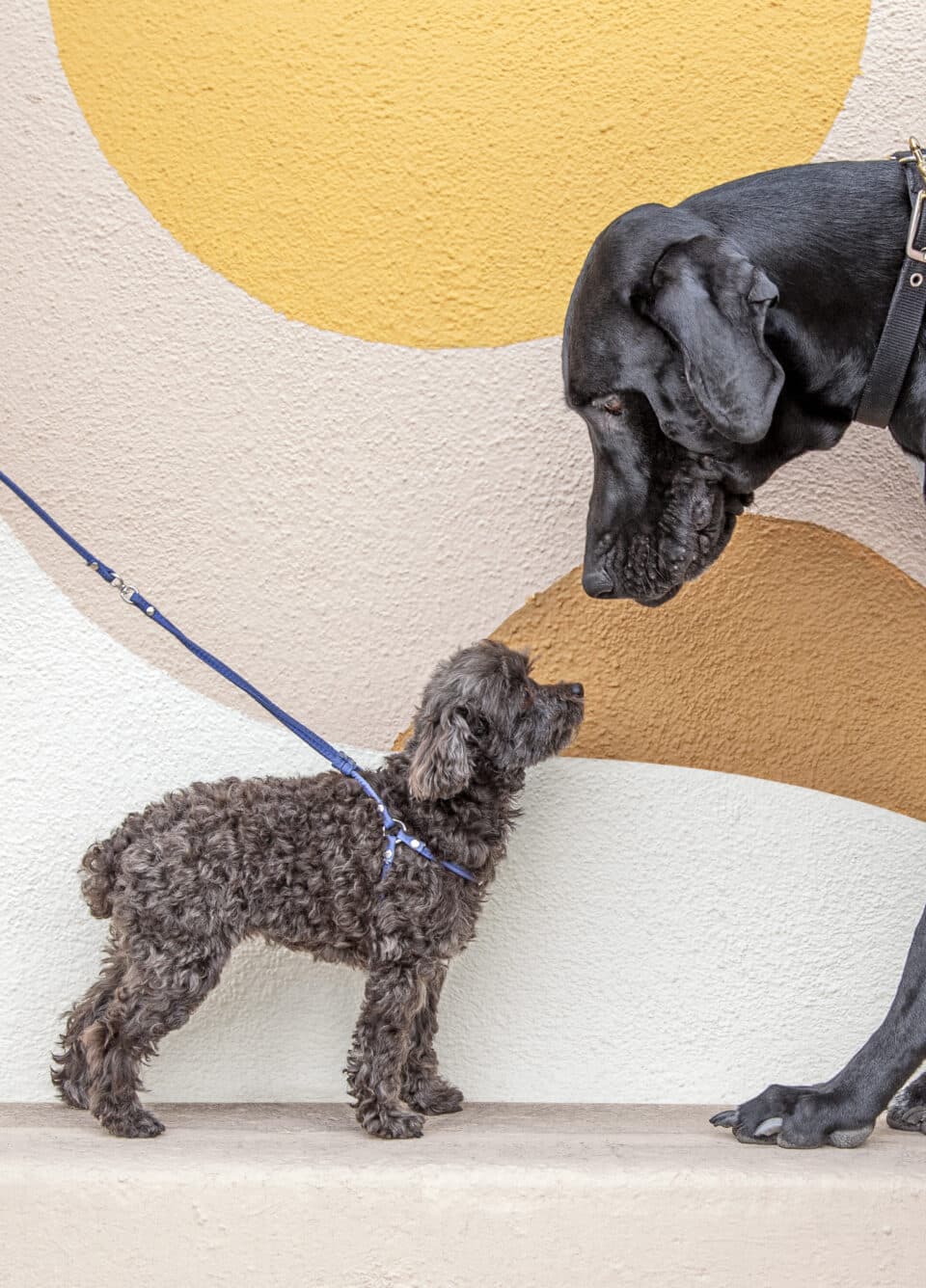Dogs
3 min read
Checklist: What to do before, during, and after your dog vet visit
Published on Jul 10, 2023
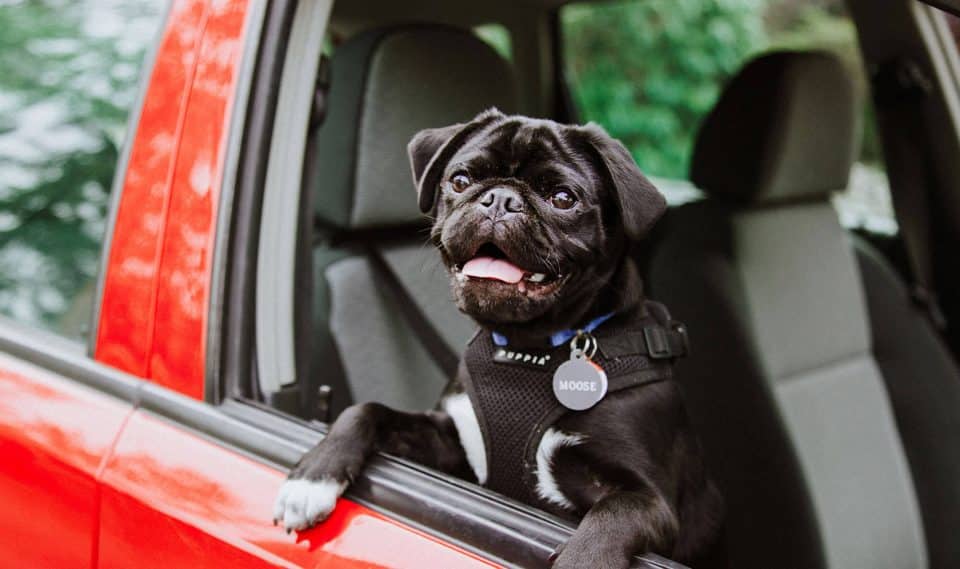
Taking your dog to the vet regularly for a dog wellness exam is an essential aspect of their lifelong health. Aside from monitoring your pet’s health, you can also ask the vet questions, such as how does foxtail affect dogs or CBD and dogs. However, it’s not uncommon for the vet visit to be a major source of stress for your pup. If your dog’s least-favorite place to be is the vet, keep this puppy first visit checklist close on hand. It is specifically designed to reduce stress at the vet for both your dog and you, from the days leading up to your planned dog vet visit or routine checkup to when you bring your best friend back home.
3+ Days Ahead of Your Dog’s Vet Appointment
- Make sure your car is equipped for your canine passenger.
- Take your dog in the car for joy rides to increase their comfort level.
- Practice simple handling exercises
- This might include a paw massage or gentle restraint, paired with plenty of treats.
- Write down any questions or concerns that you have for the vet.
The Morning of Your Dog’s Appointment
- Budget plenty of time ahead of the appointment to avoid being rushed.
- Take your dog for a walk to let them go to the bathroom and run off some energy. If your pet has a bowel movement, collect it and bring it with to the vet if they are due for their fecal test.
- Don’t feed them ahead of the appointment (so treats are extra delicious!)
- If your veterinarian recommends supplements or medications ahead of car travel, give them to your dog as prescribed.
- Queue up a calming playlist. This YouTube channelhas several playlists for dogs!
- Pack the following items:
- Favorite treats
- Favorite toy
- Grooming brush
- Clothing that smells like you
At Your Dog’s Veterinary Appointment
- Wait in your car until your veterinary care team is ready to see your dog and you.
- Use a soft voice; avoid higher pitches or shouting.
- Remain calm; if you’re stressed, your dog will be stressed too! This is especially crucial during puppy vaccinations or emergency care.
- Let your veterinarian know if you have specific concerns or questions.
After Your Dog’s Appointment
- Take them for a bathroom break!
- Give them a calming place to reorient themselves and recover.
- Use a pheromone diffuser to help your new puppy feel at ease.
- If veterinarian-approved, feed your dog a meal or play with them.
- If your dog has just been spayed or neutered, be sure to make the first 48 hours very light on activity.
What if it’s an emergency?
Every pet owner dreads an emergency, but situations like this can arise. You can be prepared ahead of time to get your dog emergency care as quickly as possible. If you’re unsure if your new puppy needs urgent care, call your veterinarian immediately to assess the situation.
- Stay calm as panicking may cause your pet to become agitated.
- Respond as much as possible.
- Place your furry friend in their crate carefully.
- Bring along any prescription medications during your veterinary visit.
- Drive safely to the vet clinic or emergency pet hospital.
Other Reminders
Before you book an appointment, make sure to find the right vet. They don’t necessarily have to be experienced vets, as long as you find someone you and your pets find trustworthy.
Further Reading:
- Discover more Papaya-approved dog parenthood tips.

